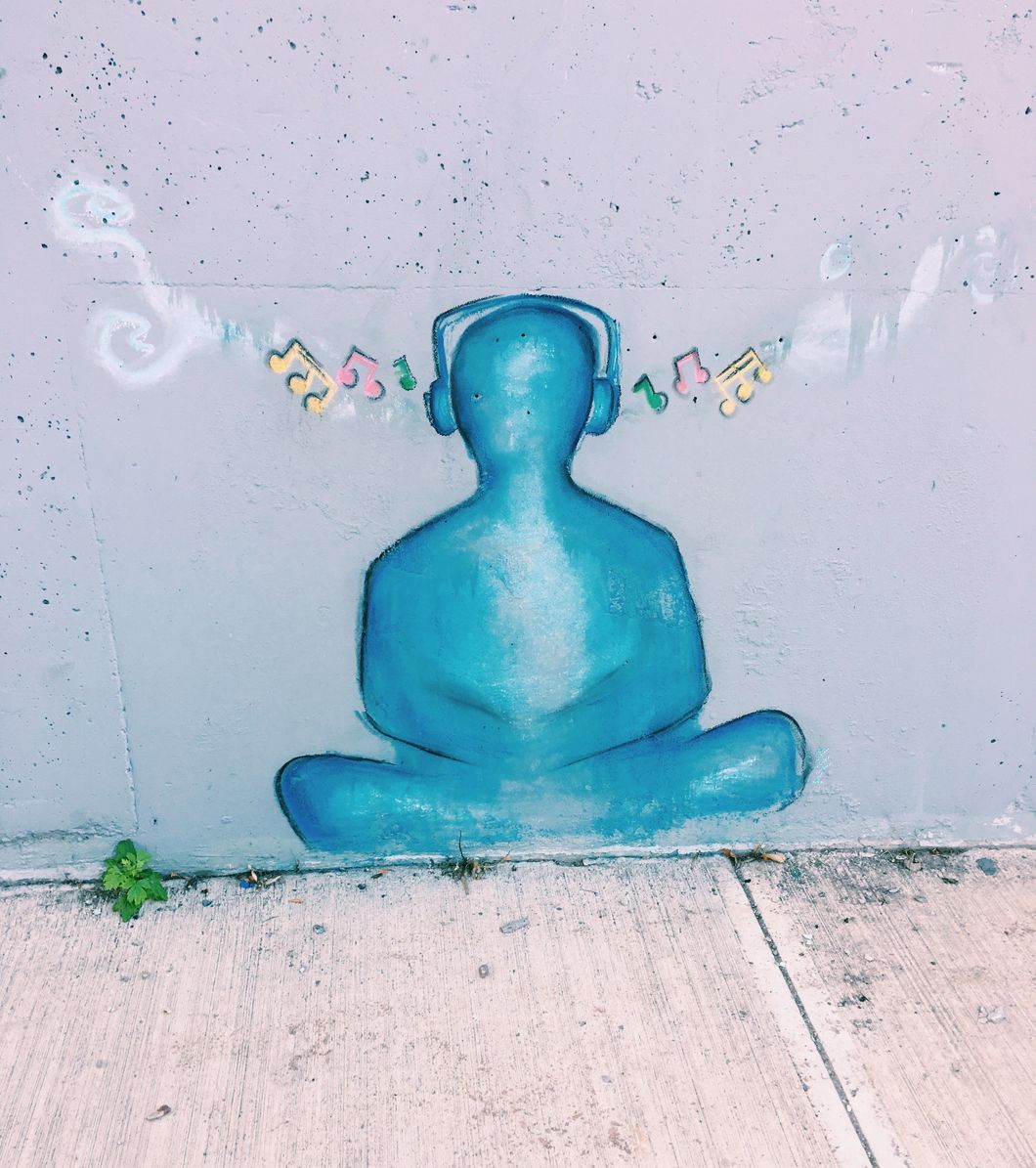To begin my journey as an Odyssey Creator, I believe it is only fitting to delve right into the deepest of my theories from the start. To avoid overwhelming, this is only one of my many theories and convoluted understandings of the complex world we occupy (you'll probably be introduced to many).
There are few things in the world that stem from opposite principles, yet make so much sense. For example, the classic test of personalities and outlooks: "Is the glass half empty or half full?" Technically, both answers are correct. It is about perspective. The opposing arguments cannot reach a definitive answer, as they are both accurate. That was probably not the best example but the overarching point is; two opposing things can both be correct.
My Theory of Opposites: You do not matter. But at the same time, you can change everything.
So, my theory stems from a song called "Tiny Glowing Screens, Part 2" by a widely underrated rapper/poet/songwriter named George Watsky. The first line of this poetic rap is, "There are 7 billion 46 million people on the planet and most of us have the audacity to think we matter."
Then he begins listing everyday events that we, as people, grow numb to, such as a random comedian dying or a fisherman who passed away. Watsky then writes "Because there are 7 billion 47 million people on the planet and I have the audacity to think I matter." The lines that follow are relatively random, but he says one thing that is very important, "We live in a house made of each other."
You do not matter.
Perhaps the pessimistic side of human relevancy is the truth that relevancy indeed does not exist. As Watsky mentioned, there are over 7 billion people in this world. The thought of one ordinary human impacting someone across the world is naive and requires a bold ideology and great self-image.
It's similar to how we say things that appear to be the end of the world now will be forgotten in a year. Everyday occurrences, our small acts, in the grand scheme of things, do not matter. There are simply too many of us and too much happening.
You can change everything.
At the very same time, everything you do inspires a chain reaction, affecting others. "We live in a house made of each other." The human race is a big game of dominos. For example, say while walking back to your dorm one day you pick up a book someone dropped and give it back.
Later on in the day, that person then does a small act of kindness for someone else. And that person does one for someone else. And the movement continues. By the end of it, a whole campus could become a better place, inspiring a city, inspiring a nation, inspiring the world and it all started with every day, an ordinary reaction by one individual. You changed everything and you did not even know it.
Opposite Ideas, Both Correct
So the answer to the question raised in "Tiny Glowing Screens, Part 2," is continuously debatable, likely without ever reaching a conclusion. Similar to the glass half empty or half full confusion, it is a debate of perspectives, which in their own ways could both be comforting. Knowing that the small things you do may not have a grand effect on the majority is reassuring.
Knowing that the small things you do may have a grand effect on the majority is also reassuring. So yes, you do not matter. But yes, you can change everything.

















